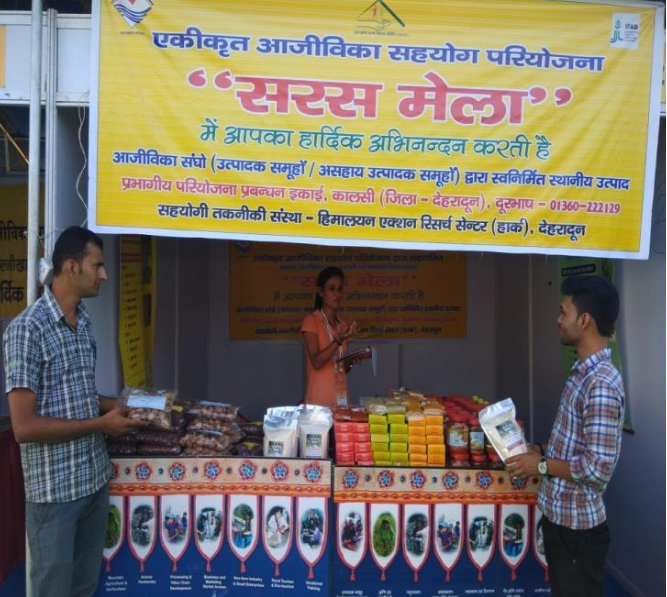Restaurants and Hotels in rural Nepal hold great promise to electrify cooking, offering both cost and time savings. The inclusion of commercial food establishments in such initiatives remains limited, however. In this blog, we share key insights and community feedback gathered through our demonstration campaign.
Improving And Demonstrating The Potential Of Traditional Water Mills In Uttarakhand, India
The Indian Institute for Development Support aimed to improve traditional water mills by replacing wooden equipment in order to make them more efficient and to demonstrate the importance of the technology in the mountainous region of Uttarakhand, India.
The Himalaya has a rich ancient tradition for tapping hydro energy from the hill streams and rivers through the device of Gharats (water mills). It is estimated that there are 200,000 watermills in the Himalayan region. However, most of the watermills are currently defunct due to various reasons.
Over the course of this SEPS project, IDS carried out a preliminary survey in two districts (Dehradun and Uttarkashi of Garhwal region) to select a cluster of water mills. After analysing preliminary survey data, the water mills located in the villages of Dehradun were found to be more suitable to receive a technical upgrade and corresponding livelihood enhancement of local communities.
The following key activities have been implemented:
- A baseline study including socio-economic and technical feasibility at identified water mills cluster
- A market feasibility study on watermill-based business
- Focused community/watermill owner/operator mobilisation
- Formation and strengthening of so-called “Self Help Groups” (SHG), consisting of village members
- Training and capacity building of SHGs (in business management, storing, packaging, pricing, marketing of products) and watermill operators
- Technical improvements of water mills
- Marketing of the water mill-processed products
This SEPS project facilitated the enhancement of local population’s livelihoods to some extent. The business activities by the “Self Help Groups” are expected to increase in the future and the concept of developing water mill-based businesses has shown a promising potential.


